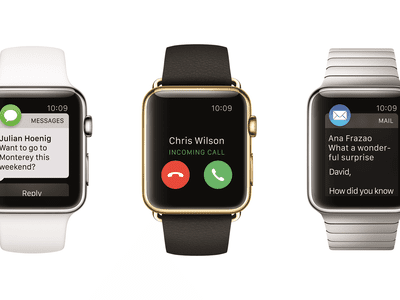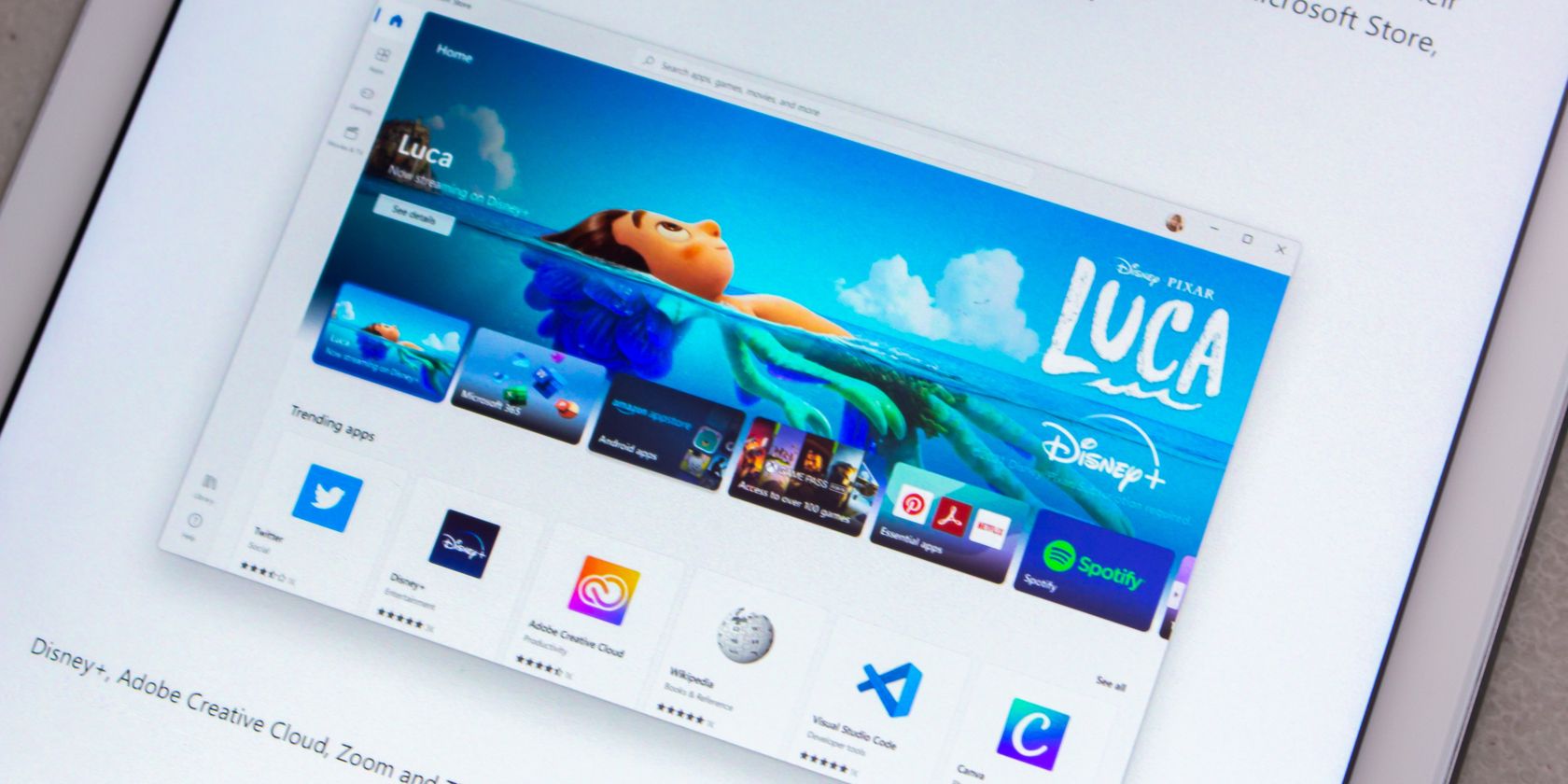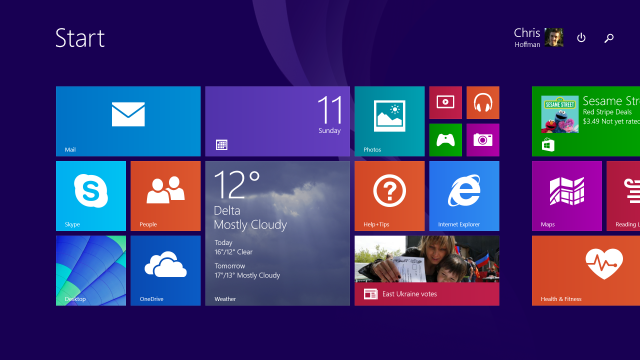
Revolutionary Desktops: What Comes After 11?

Revolutionary Desktops: What Comes After 11?
Microsoft is already working on Windows 12, the successor of Windows 11. They’re calling Windows 12 “Next Valley” and expecting to start rolling out the next version of Windows sometime in late 2024.Windows 11 is one of the best operating systems, but it isn’t without problems. So while Microsoft works on its next operating system, we want to point out a few things Microsoft can do to improve the overall user experience. Note that Microsoft might just name the version something else, but in this article, we’re going to call it Windows 12 for simplicity.
Disclaimer: This post includes affiliate links
If you click on a link and make a purchase, I may receive a commission at no extra cost to you.
1. Deeper Integration With Android Phones
Windows 11 has the Phone Link app (previously called Your Phone) to integrate your android device with your Windows PC. However, Phone Link is an app that works as a doorway to your Android device. Deeper integration with Android devices would make life a lot easier.

Image Credit: Koshiro K/Shutterstock.com
For example, being able to view the phone’s notifications, battery level, and other critical information from within the Windows taskbar. A deeper integration would essentially eliminate the need to use the app every time you want to interact with your phone. The idea is to make the Windows-Android integration the same as the Mac-iPhone integration.
It would also be great to see the phone’s storage put in the File Explorer too. You should be able to add, edit, and delete files on the phone storage like you would on a cloud-based platform like OneDrive.
2. A Dedicated Touch UI for Touch Devices
Windows 11’s user interface is top-notch for keyword and mouse users, but there’s room for improvement in the UI that you see on touch devices. Sure, the UI decision needs to be taken in the context of a device’s hardware, but Microsoft can always use a dynamic and adaptive UI that runs based on the available resources.
Windows 11 has a touch-specific UI, but it’s essentially the desktop UI with a few changes to make it easier to work with on a touch device. However, we’d love to see a complete redesign of the Windows 12 desktop UI for touch-only devices, just like Windows 8. While Windows 8 isn’t the best of Microsoft operating systems, its fluid UI was excellent.

The chances of Microsoft radically changing the design are slim. However, the Windows 12 UI might have a few major design changes as revealed in the Microsoft Ignite Keynote. Here’s a tweet showing a preview of the possible design changes:
3. Layered Functionality
You’ll find Windows installed on a wide range of devices with varying hardware. From expensive gaming PCs to low-cost PC at a clerk’s desk, all use a Windows operating system. The problem? All computers use the same version of the operating system regardless of their hardware.
This often translates to slow performance on low-end PCs that decide to upgrade to the latest Windows operating system. In the case of Windows 11, the hardware requirements excluded many systems from an upgrade altogether. Instead, we think offering layered functionality based on the computer’s hardware and other resources would be helpful.
Think about it. Does a student’s low-cost computer really need those fancy animations or Android and Xbox integrations? Not really. Eliminating those functionalities from low-end PCs can save plenty of resources and storage, allowing them to run faster.
Microsoft could even apply the same principle to apps. Depending on the hardware, users should be able to scale between full support for all apps and being able to run just a handful of essential apps. While this might sound a little far-fetched in the context of Windows, Chrome OS has already proved that a feature-light and web-based operating system can be an excellent choice for low-end PCs.
4. Animated Wallpapers
Animated wallpapers have been long overdue given that smartphones have already offered them for a while. You canset animated wallpapers on Windows , but you need a third-party app. Having animated wallpapers built into Windows 12 would be a welcome feature.
Microsoft could also animate some of its most popular wallpapers, including the default Windows XP wallpaper. To take things up a notch, Microsoft could place additional information on the wallpapers. For example, the weather information could be placed in the sun appearing in an animated wallpaper of a landscape, eliminating the need foradding widgets to the Windows desktop .
What Else Do We Expect from Windows 12?
Windows 11’s hardware requirements didn’t sit well with many Windows users. However, TPM and Secure Boot are crucial security features that protect your computer. We expect these and other hardware requirements, including the 4GB RAM and 64GB of storage to increase even further for Windows 12.
The new Windows version might also focus heavily on AI-based features according to Panos Panay, Microsoft’s Chief Product Officer. He mentioned at theAMD CES 2023 keynote in January that AI will effectively reinvent the user’s experience of using Windows.
Microsoft is also shifting back to a three-year release cycle for Windows (as reported byBusiness Standard ), which means Windows 12 might release in 2024. ADeskmodder article reveals that Microsoft started working on Windows 12 as early as March 2022.
It’s important to remember that you can’t start using Windows 12 as soon as it releases. So even if Microsoft unveils Windows 12 by the end of 2024, it will take a few more months until you can actually start using Windows 12.
Windows 12 will likely be available as a free upgrade once it releases, just like Windows 11, as long as you meet the minimum system requirements.
Will Windows 12 Meet Our Expectations?
Whether Windows 12 will meet all our expectations remains to be seen. However, we do expect a few design changes and an increased focus on AI-based features. We’re excited to see what Microsoft comes up with over the next two years as it builds the next version of Windows.
In the meantime, Windows 11 is still fresh on most PCs. If you need to customize Windows 11 while you wait for Windows 12, you can use third-party apps.
Also read:
- [New] 20 Words and Phrases That Work Magic in Your Marketing
- [New] In 2024, Essential Info on Crafting Engaging YT Shorts
- [Updated] 2024 Approved Perfectly Emulated Sony PS3 Titles Top 5 Windows Tools
- In 2024, Screen Sanctuary Your Haven of a Thousand Games
- Joy Journeys A Curated List of the Best Humor Vids Online
- Mastering 90-Degree Display Flip: Techniques & Benefits
- Maximize Workflow Efficiency: Mastering Tab Management in Windows 11
- Pajama Plots Revisited Critique and Analysis for Kids' Slumber
- Quick Remedies: Starting Fresh with Explore UI
- Stopping Endless Popups of Edge Symbols
- Tips for Fixing Microsoft Store Error 0X87e00017
- Troubleshooting Chrome Download Failures on PCs
- Vivid Imagery Understanding the Power of Srgb for 2024
- Title: Revolutionary Desktops: What Comes After 11?
- Author: David
- Created at : 2024-11-25 23:28:40
- Updated at : 2024-11-28 00:33:52
- Link: https://win11.techidaily.com/revolutionary-desktops-what-comes-after-11/
- License: This work is licensed under CC BY-NC-SA 4.0.